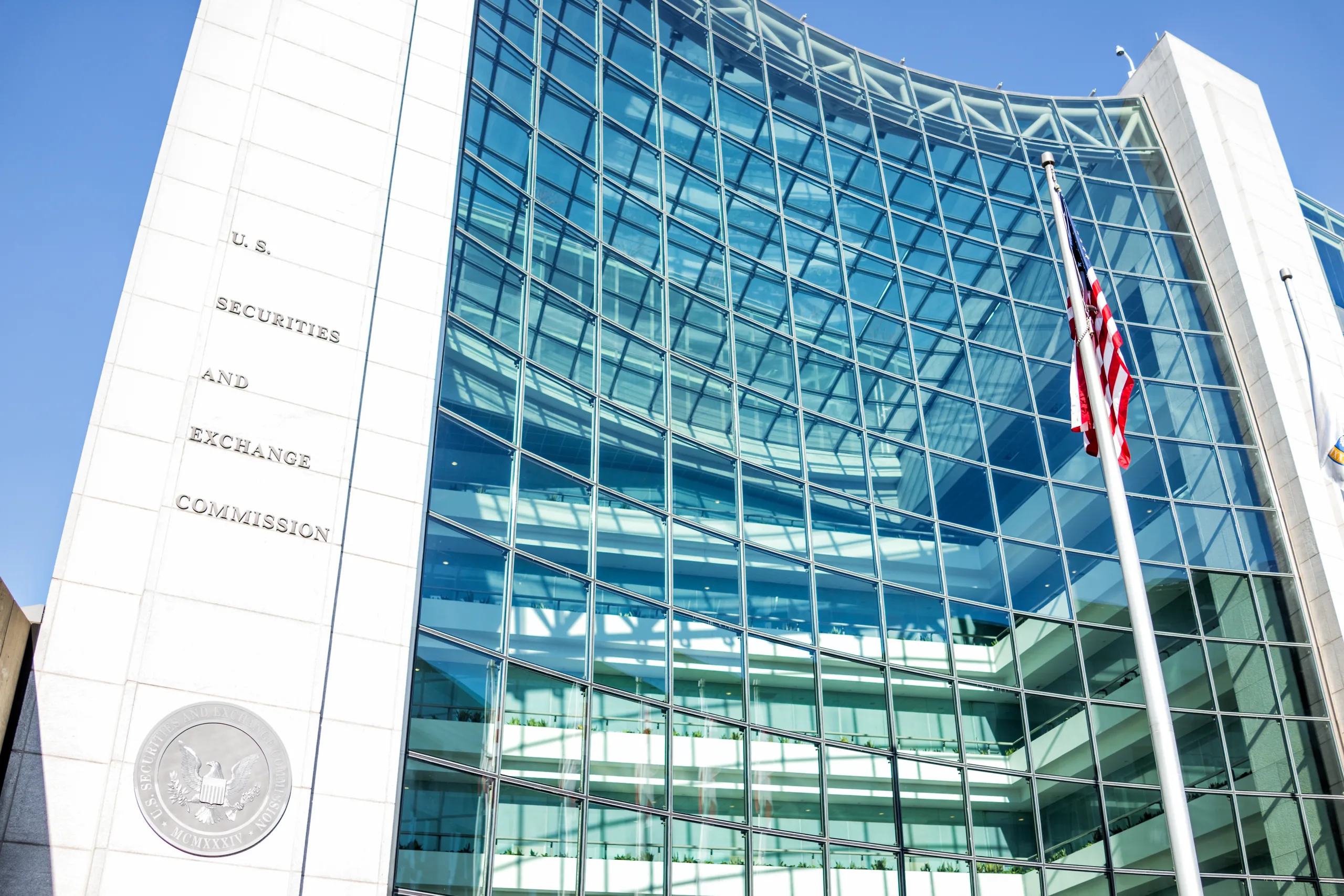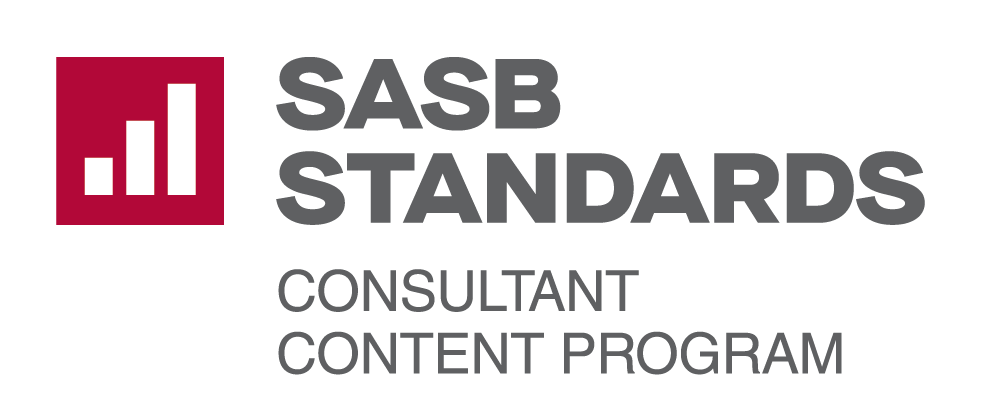On March 6, 2024, a landmark decision by the U.S. Securities and Exchange Commission (SEC) transformed the landscape for publicly-traded companies in the United States, ushering in a new era of transparency and accountability in climate reporting.
With a 3-2 vote, the SEC finalized a rule requiring large, public companies to disclose their direct and indirect greenhouse gas emissions (Scopes 1 and 2) and how climate change materially affects their business operations. This move aligns with the SEC’s commitment to enhancing investor access to critical climate risk information.
The rule, a substantial yet contentious step forward, reflects a scaled-back version of the SEC’s ambitious 2022 proposal. It mandates that only large and midsize public companies report emissions, with compliance deadlines set for fiscal years starting in 2026 and 2028, respectively. While the provision requiring companies to report emissions from the products they sell was notably dropped, this regulation marks a significant stride toward integrating climate considerations into financial reporting.
What is the SEC’s Climate Disclosure Ruling?
The SEC’s adopted ruling reflects the Commission’s efforts to respond to investors’ demand for more consistent, comparable, and reliable information about the financial effects of climate-related risks on a company’s operations and how it manages those risks.
The SEC’s rule focus on the following aspects:
Reporting Emissions: The SEC initially proposed that companies report their greenhouse gas emissions across three categories.
- Scope 1: Direct emissions from a company’s operations.
- Scope 2: Indirect emissions from utilities use and power generation.
- Scope 3: Now excluded from the ruling, this generally includes emissions from a company’s supply chain, including transportation of goods, business travel, and product or service consumption.
Due to substantial opposition concerning Scope 3 emissions, the SEC modified its guidelines, removing Scope 3 requirements and adjusting the reporting criteria for Scopes 1 and 2 to be based on their materiality to investors. The SEC’s decision to exclude Scope 3 emissions from immediate requirements is significant as it mitigates the complexity and costs associated with tracing and reporting emissions across the value chain.
Climate Financial Impacts: The SEC sought to mandate disclosures of significant financial impacts from climate-related events or actions, like severe weather damages or costs associated with decarbonization. While this met resistance due to concerns over measurement and relevance, it highlights the SEC’s intent to integrate climate considerations into financial assessments.
Disclosing Risk: The proposal mandates detailed disclosures on how companies assess and manage climate-related risks, how these risks might affect their business, and descriptions of any low-carbon transition plans or climate risk scenario analyses.
State and Global Environmental Regulatory Alignment
The SEC’s stance on climate disclosures dovetails with similar legislative actions across the globe—particularly in California and the European Union—illustrating a broader push toward embedding environmental accountability into the fabric of financial reporting and corporate governance. This alignment underscores the increasing importance of climate-related disclosures in the investment decision-making process, emphasizing the financial sector’s role in addressing climate change.
California’s SB253 and SB261
Setting a precedent for other states, California signed SB253 and SB261 into law in 2023 to require a broad spectrum of companies to report on Scope 1, 2, and notably, Scope 3 emissions. These legislations signify a robust state-level response to climate concerns and impact companies that conduct business in the state.
The European Union’s CSRD
To standardize and improve sustainability reporting practices for companies, the European Union introduced the Corporate Sustainability Reporting Directive (CSRD) in 2023. The CSRD’s phased implementation starts in 2024 and brings a rigorous framework to the fore, compelling U.S. companies operating in the EU to adhere to their reporting standards. Plus, companies falling within the CSRD’s scope must obtain limited assurance from a third-party verifier in their first reporting year.
Don’t wait for compliance deadlines to catch you unprepared.
Greenplaces is here to guide you through the SEC’s climate disclosure requirements and elevate your sustainability efforts. Discover how you can turn regulatory compliance into your strategic advantage.
Implications for Public Companies
For public companies, the SEC’s ruling on climate disclosures signifies a new operational reality. Smaller organizations will find themselves at a crossroads of improving transparency for investors while managing the intricacies of regulatory compliance—without the extensive resources or dedicated teams their larger counterparts might have.
Strategic Edge for Companies Eyeing an IPO
Private companies with aspirations for public offerings must take heed of the SEC’s climate disclosure mandates. Early adoption and preparedness for climate risk disclosure can offer a competitive advantage, ensuring smoother transitions during IPO processes and aligning with investor expectations that increasingly prioritize environmental transparency. By integrating these reporting practices ahead of time, companies can avoid potential roadblocks and position themselves as sustainability leaders.
Enhancing Investor Transparency and Insights
The SEC’s ruling significantly amplifies the ability of investors to scrutinize climate-related risks within their investment portfolios. It provides a clearer picture of how companies are positioned relative to the burgeoning impacts of climate change, potentially affecting their valuations and investment decisions. Investors can now gauge a company’s exposure to climate risks more accurately and consider these factors when weighing the long-term implications of climate risks against potential returns.
For Companies Expanding to California or the EU
For companies with ambitions to expand their operations into California or the EU, the SEC’s ruling serves as a critical compliance blueprint. Both regions have pioneered stringent climate reporting standards, and adherence to the SEC’s requirements potentially eases the path for entry or expansion in these jurisdictions.
The focus on Scopes 1 and 2 emissions establishes a foundational framework for American companies, ensuring they also meet certain California and EU expectations and foster a global ethos of environmental accountability.
Embracing the Opportunity to Lead in Sustainability
The SEC’s climate disclosure ruling marks a key turning point in corporate sustainability practices. It challenges businesses to rethink their approach to environmental impact, pushing them to not only disclose their emissions and risks but to actively engage in meaningful climate action.
For companies embarking on this journey, the initial steps involve:
- Initiating Carbon Accounting Processes: Identify sources of Scope 1 and 2 emissions within your operations. Greenplaces can assist in collecting data, calculating emissions, and translating activities into CO2e metrics.
- Setting Realistic Reduction Goals: Based on the insights derived from carbon accounting, define clear, achievable targets for reducing your environmental impact. Greenplaces’ analytics can help identify opportunities for improvement and track progress over time.
- Developing and Implementing Reduction Strategies: Explore strategies that align with your business model and sustainability goals, from energy efficiency measures to renewable energy investments. Greenplaces offers guidance on best practices and innovations in sustainability that can drive your efforts forward.
By viewing the SEC ruling as an opportunity to lead in sustainability, businesses can not only fulfill regulatory obligations but also enhance their brand reputation, build stakeholder trust, and secure a competitive edge in an increasingly eco-conscious market. Greenplaces is committed to supporting businesses in this transition, empowering them to turn regulatory compliance into a catalyst for sustainable growth and resilience.
As we look to the future, the role of companies in combating climate change has never been more critical. Through proactive engagement, strategic planning, and the support of partners like Greenplaces, businesses have the power to shape a sustainable future for all. Join us in leading the charge towards a greener, more accountable world.
“The SEC’s ruling represents a critical juncture for corporate America to embrace sustainability as a core business value. Greenplaces guides companies through this transition, making compliance seamless and strategically advantageous. By prioritizing carbon accounting, companies can align with the SEC’s requirements and also set the stage for long-term sustainability and resilience. Greenplaces simplifies this process, enabling businesses to focus on growth and innovation.”
—Corinne Hanson, VP of Sustainability at Greenplaces
Ready to take the next step in your sustainability journey?
Contact Greenplaces today to learn how we can help you navigate the SEC’s climate disclosure requirements and turn sustainability into your strategic advantage.










